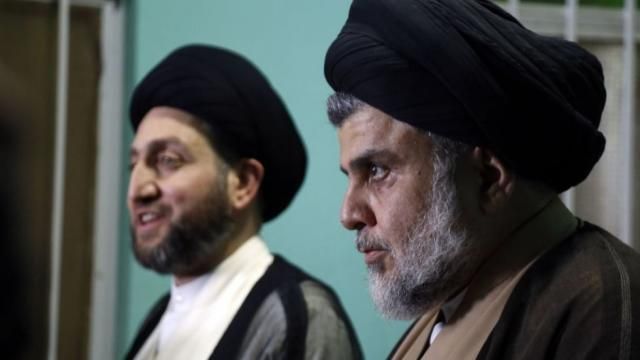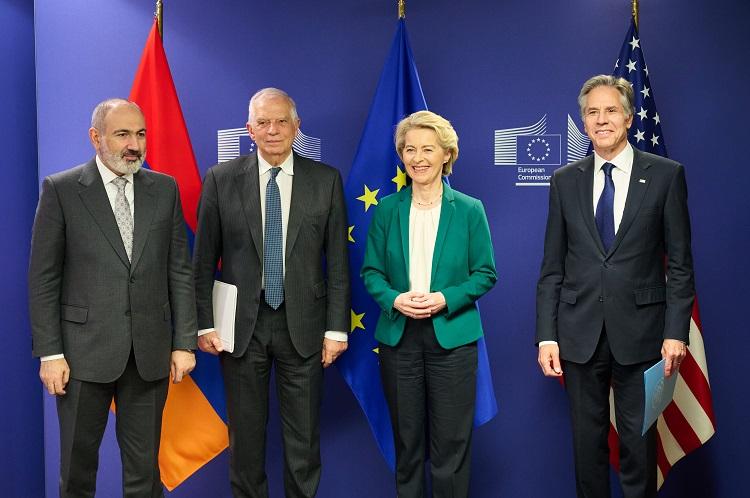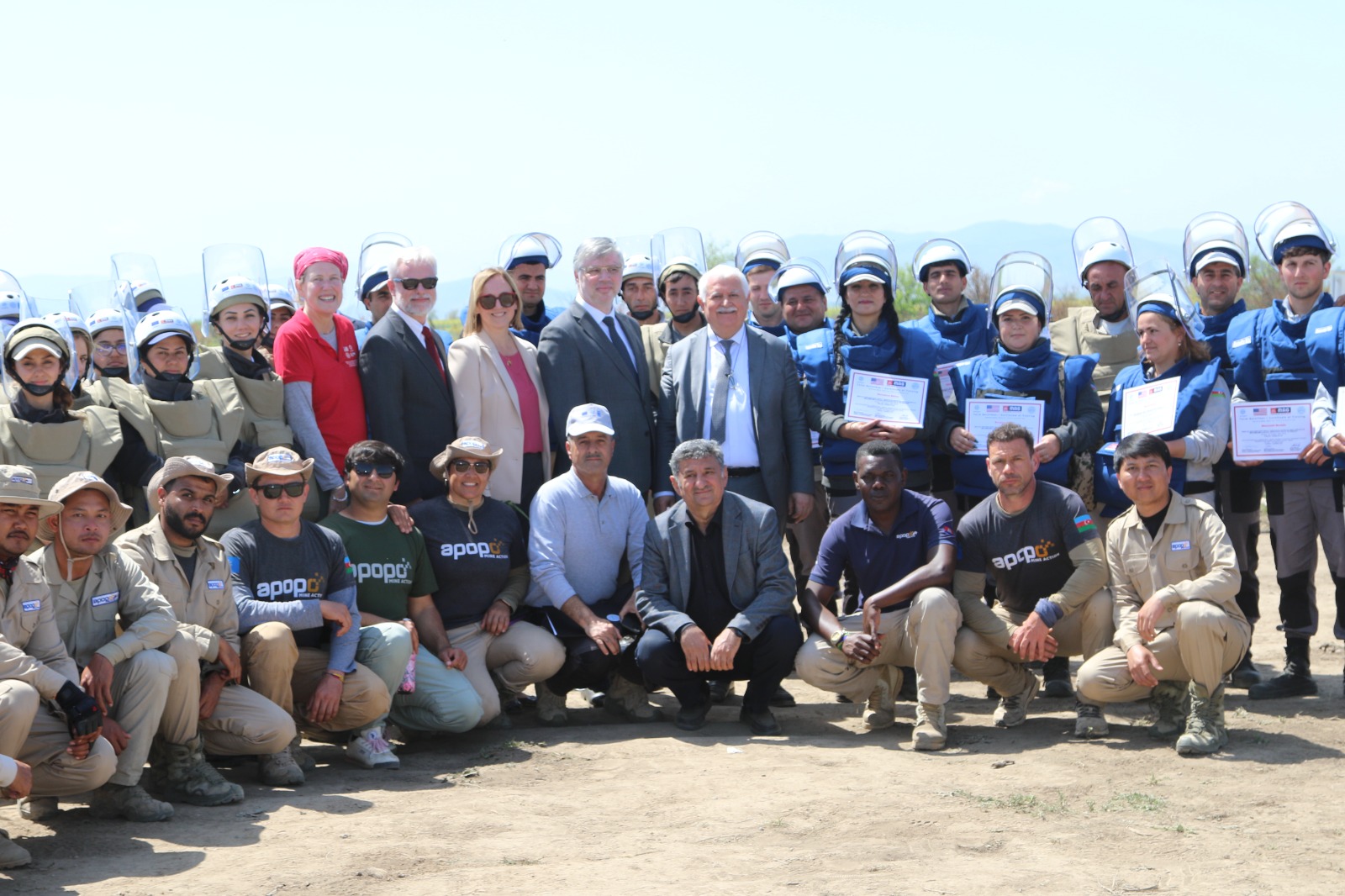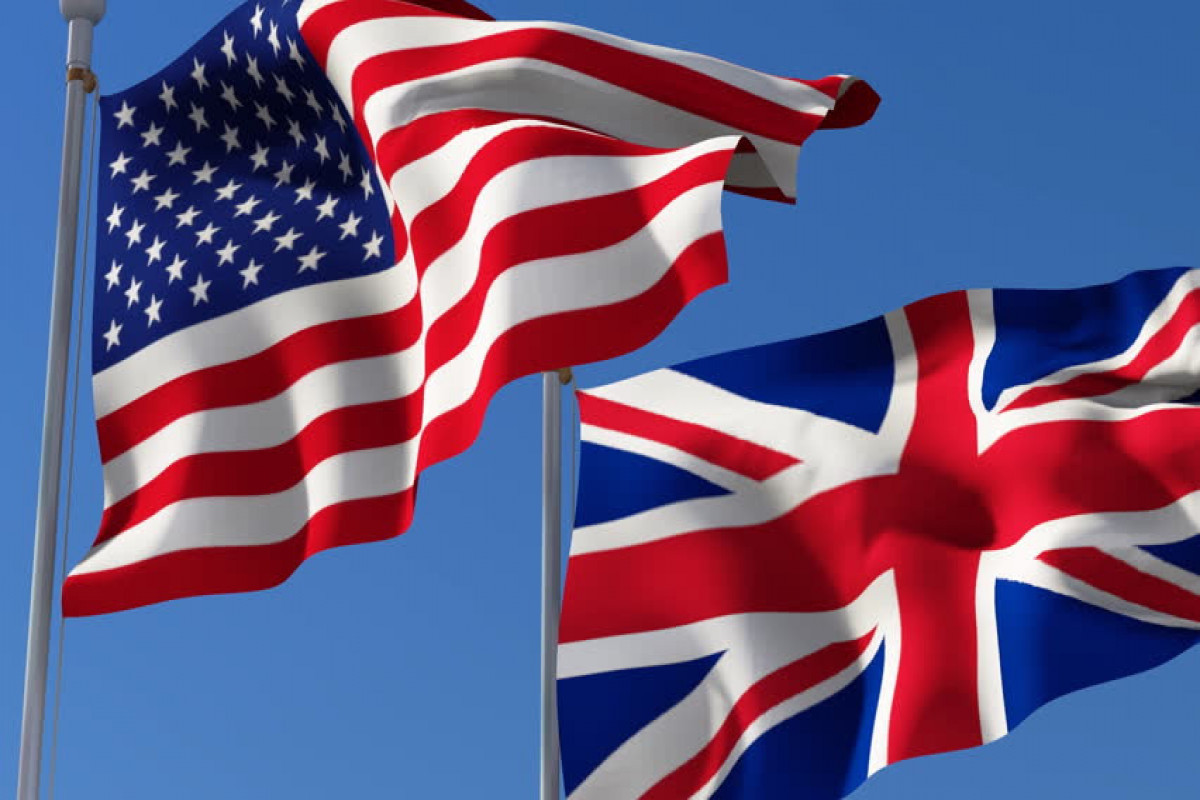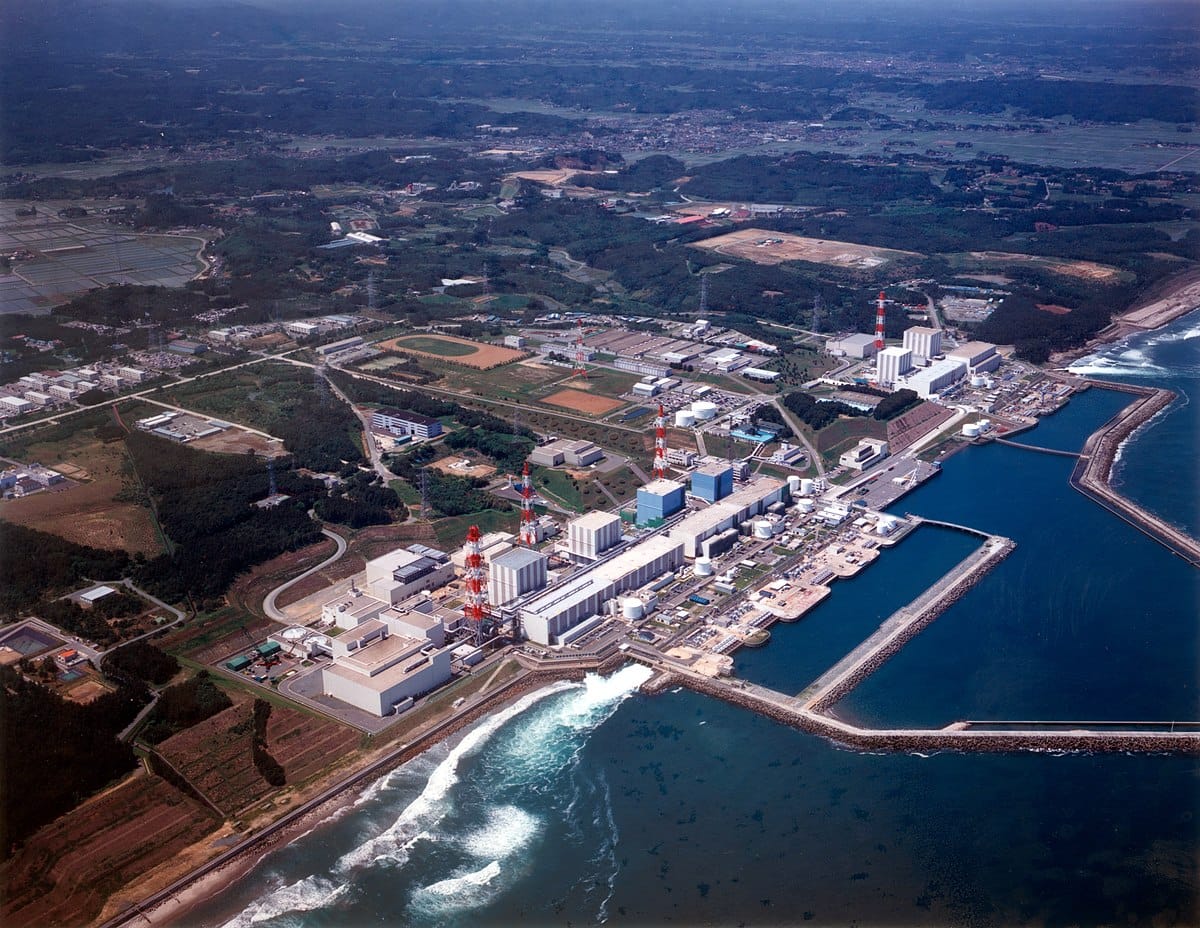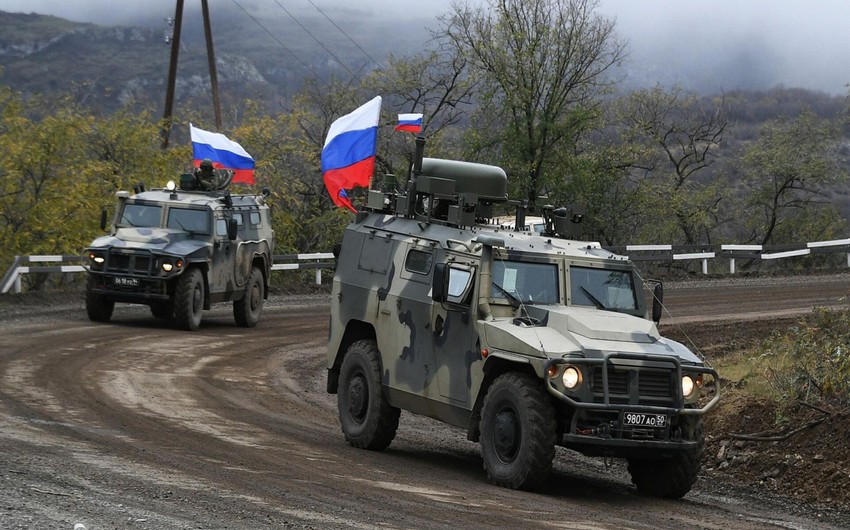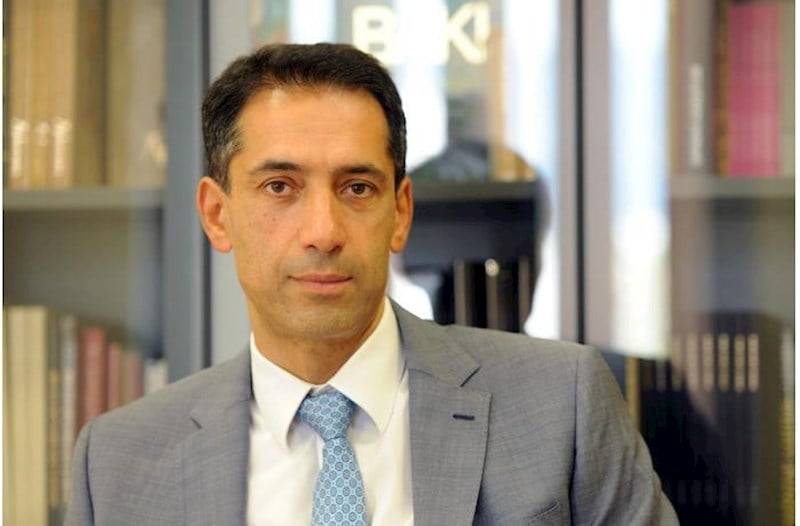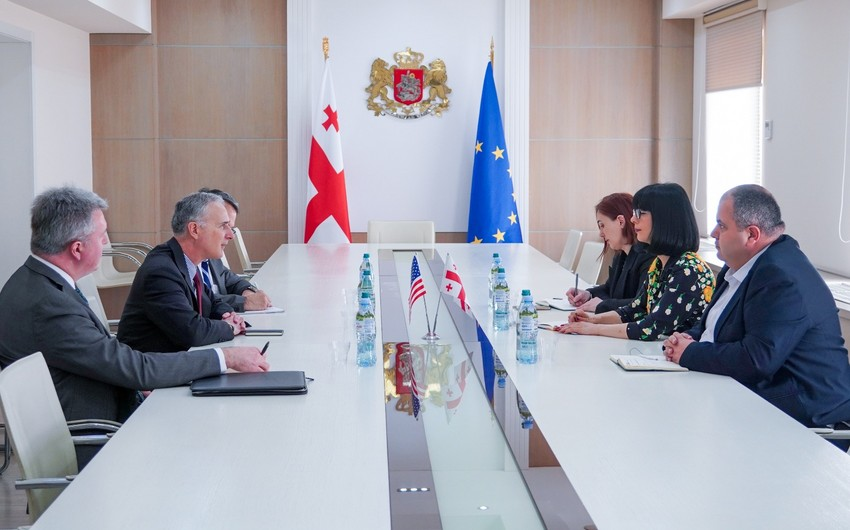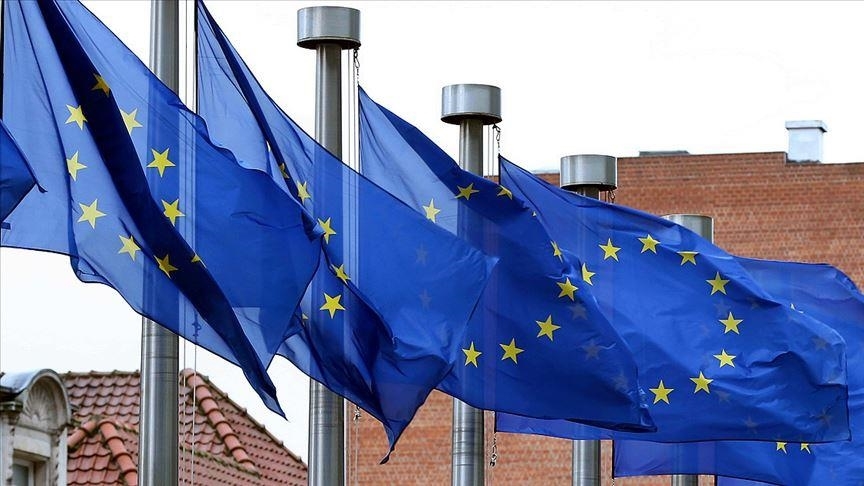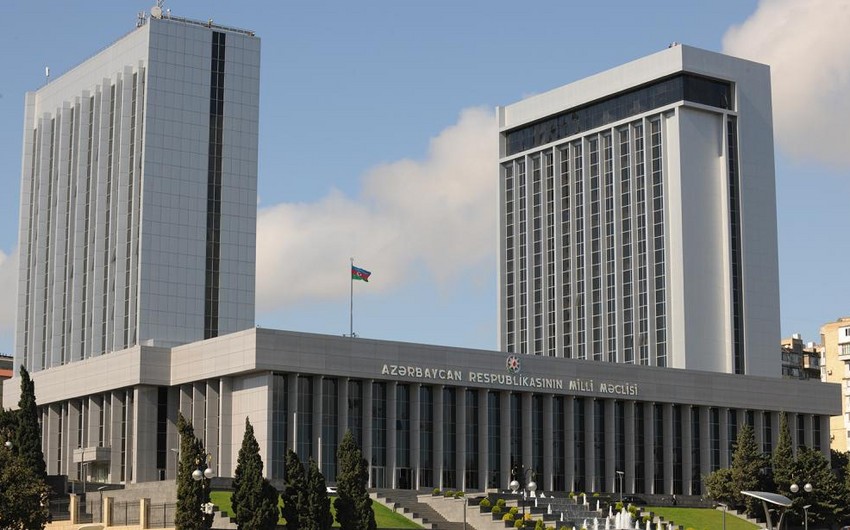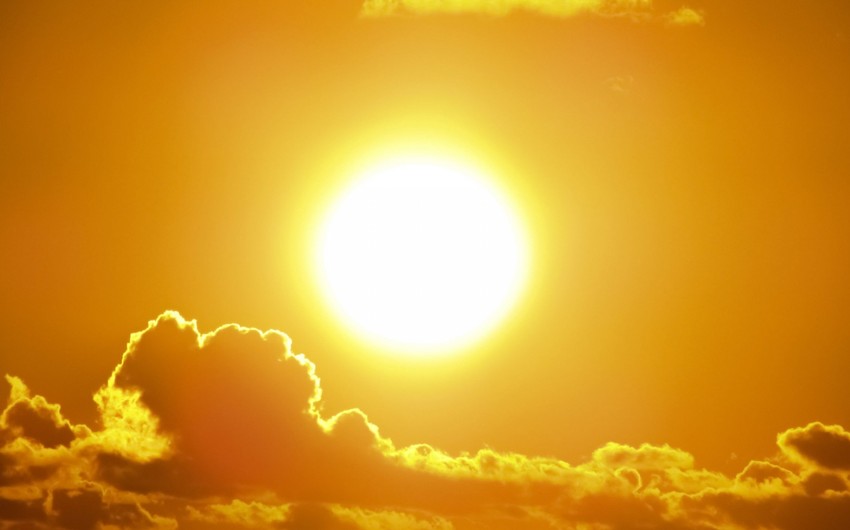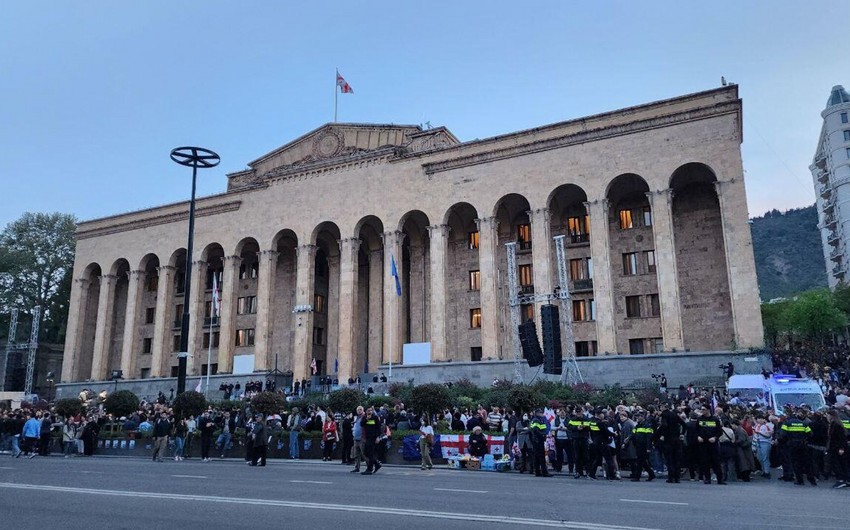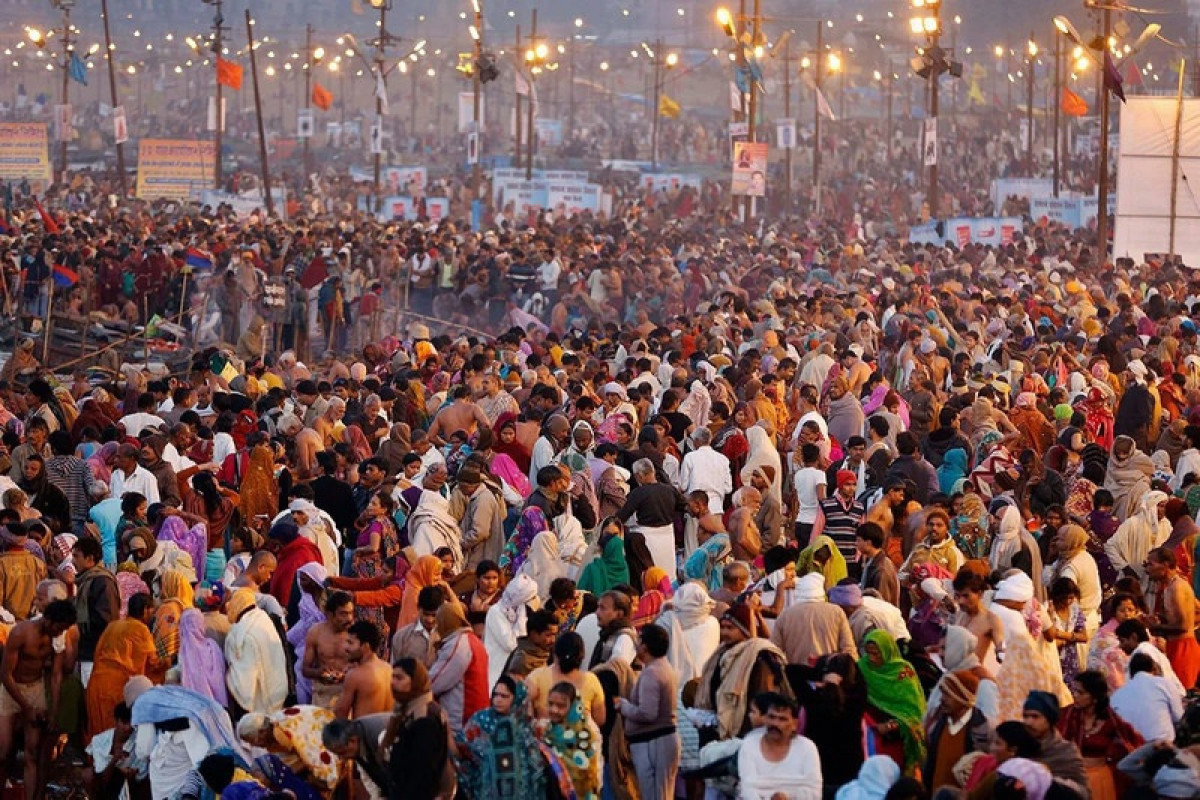Iraq’s May 12 election, its first since the defeat of the terrorist group ISIS, was a critical step in shaping the country’s future. The vote also was a test of the regional influence exerted by Iran at a time when the United States is determined to contain Tehran’s aggressive ambitions following the U.S. withdrawal from the nuclear agreement known as the Joint Comprehensive Plan of Action (JCPOA).
The result of the election, in which a political bloc led by firebrand cleric Moqtada al-Sadr took the lead, likely was not what the Islamic Republic had hoped for. But any discussion of an end to Iran’s power grab in Iraq would be premature — speculative at best, and potentially dangerous.
While al-Sadr’s victory complicates the situation for Tehran, the election turned America’s Iraq policy upside down, thus placing vital U.S. interests in the country at severe risk.
For Iran, too, the stakes are high as Tehran looks to protect its regional plan of a “Shiite full moon” in a corridor stretching from the Islamic Republic, via Iraq and Syria to Lebanon, all the way to the Mediterranean Sea.
In Lebanon, the mullah regime strengthened its grip when Hezbollah and its allies scored significant gains in the parliamentary election this month, bolstering the Iranian-backed terrorist group fiercely opposed to Israel and boosting Tehran’s growing regional clout. In Syria, where Iran is propping up the murderous regime of President Bashar al-Assad, Tehran has built a wide-reaching military infrastructure that threatens the Jewish State right on its northern border.
Considering this, losing influence in Iraq is a scenario Tehran would not be willing to entertain. On the day of the election, Iranian Major General Qassem Soleimani, the leader of the Islamic Republic’s IRGC-Quds Force, arrived in Baghdad to push for the formation of an Iraqi government favorable to Iran’s interests.
The poor showing of Prime Minister Haider al-Abadi, the candidate backed by Washington, has dealt a blow to America’s interests, leaving Iraq exposed to Iranian attempts to dominate the country.
Al-Sadr and the Fatih coalition of Hadi al-Ameri, the leader of the Badr Organization, are not exactly friends. But they share a deep-rooted contempt for America and both have made clear their intent to expel U.S. forces from the country immediately. Asa’ib Ahl al-Haq (AAH), an Iranian-backed militia group complicit in attacks on U.S. troops, also gained seats in the new parliament.
Al-Sadr rose to prominence during the U.S-led intervention in Iraq in 2003, when his movement gave birth to powerful Shiite militia groups that carried out numerous atrocities against U.S. forces. A decade later, the same groups are fighting U.S. troops in neighboring Syria, thereby enhancing Iran’s power over Syrian territory. While al-Sadr is critical of Iran’s interference in internal Iraqi politics, he’s determined to expel the United States from the region at all cost — a shared goal that could lead to a marriage of convenience between al-Sadr’s Sairoun bloc and Iranian-backed al-Ameri’s Fatih Coalition.
To make matters worse, the organization that the United States had hoped to sideline through an al-Abadi victory performed strongly in the election — the powerful Hash’d al Shaabi, or Popular Mobilization Forces. The Hash militia is an umbrella organization of roughly 140,000 Shiite fighters with close ties to Iran, the most prominent being AAH, al-Ameri’s Badr Organization, and Saraya al-Salam, formed in 2014 by al-Sadr.
The question is, are we seeing the beginning of the end of U.S. influence in Iraq — a country where America has invested substantial blood and treasure — or, is there something to be done to turn around the grim situation? There is, but it will require a serious, coherent and long-term strategy. Secretary of State Mike Pompeo on Monday laid out the White House’s broader strategy to address Iran’s malign behavior, including the demand that “Iran must withdraw all forces under Iranian command throughout the entirety of Syria.”
This is a step in the right direction. America pulling out of Iraq — and for that matter, out of Syria, leaving the country at the mercy of Iranian mercenaries — is an idea that U.S. policymakers should bury for good.
In Iraq, the best chance for the United States to maintain a position of influence is to abandon its ill-advised strategy of placing all hope in al-Abadi and, instead, establish a strong multiethnic U.S.-aligned bloc composed of local forces opposed to Iranian interference. A deep mistrust toward Iran and Iranian-aligned candidates, such al-Ameri and former Iraqi Prime Minister Nouri al-Maliki, exists in Kurdish and Sunni Muslim communities across the country.
Secondly, America should drill home to al-Abadi that U.S. patronage will depend on a fair power-sharing agreement between the country’s various ethnic and religious groups — a strong antidote to Tehran’s deadly sectarianism and an outcome that best appeases Iraq’s deeply divided society.
Withdrawing from the JCPOA was the beginning of countering Iran’s illicit activities, but for the White House’s strategy to work, the nuclear accord needs to be replaced by a broader strategy that addresses all of Iran’s malign behavior. Iraq would be a good place to start to put Pompeo’s words to the test.

